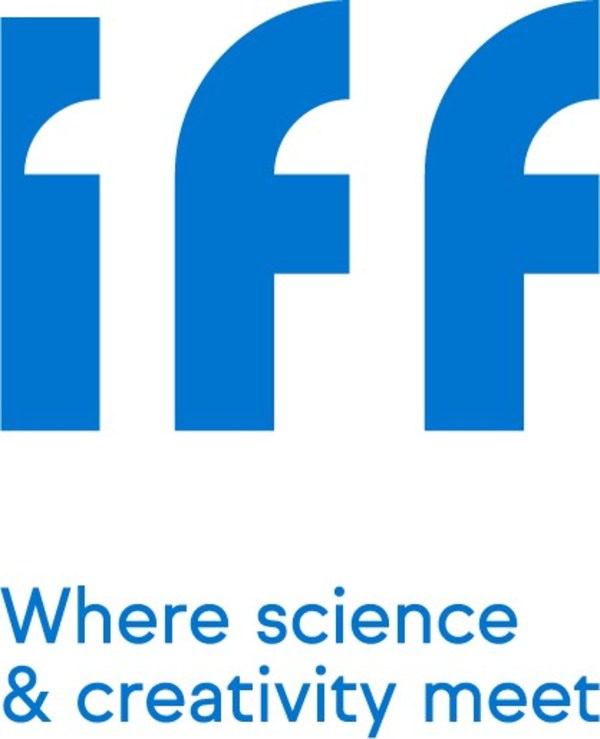SHENZHEN, China, Aug. 3, 2023 /PRNewswire/ -- An international conference on quantitative biology was held recently in Southern China's Shenzhen, drawing over 300 participants from more than 20 universities worldwide to discuss illuminating opportunities and shaping the future of quantitative and synthetic biology.
The Q-Bio International Conference on Quantitative Biology was first held in 2007, and this is the first time in the last 17 years that the annual conference was held in Asia.
Jointly organized by the Shenzhen Institute of Advanced Technology (SIAT) of the Chinese Academy of Sciences, Tsinghua University, Peking University, and the Shenzhen Institute of Synthetic Biology, the 17th Q-Bio on Quantitative Biology provided a dynamic global platform for fostering exchanges in the realm of quantitative biology and its related fields, said Dr. LIU Chenli from SIAT, one of the main organizers of the conference.
Quantitative biology, as a typical cutting-edge interdisciplinary field, reveals the design principles and operational laws of biological systems through the organic combination of advanced measurement means and theoretical modeling.
"Open science and international cooperation are important in addressing humanity's common challenges and major scientific issues through cutting-edge basic research including synthetic biology," said Dr. LIU Chenli at the opening ceremony of the conference.
Synthetic biology has its interdisciplinary nature and it's important in advancing our understanding of life's fundamental principles. "Synthetic biology has potential applications in diverse fields such as medicine, energy, materials, agriculture, and the environment," said Dr. WEI Ping, a representative of the organizing committee and a researcher from SIAT.
"It is important to establish an interdisciplinary and comprehensive developmental exchange platform and an internationalized environment to further enhance the growing reputation of Shenzhen in the field of synthetic biology," said WEI.
"Shenzhen is like a hub of innovation, becoming a world-class center for science and education," said Professor Mogens Høgh Jensen, from the Niels Bohr Institute at the University of Copenhagen. He expressed hope for increased collaboration among teams from different countries, especially in exploring the integration of physics and biology.
A forward-thinking strategy covering various aspects, from basic research to industrial transformation, is crucial for the development of synthetic biology. "This strategy will drive the development of the Guangdong-Hong Kong-Macao Greater Bay Area and foresees more fruitful cooperation and successful project implementations resulting from this grand conference," said Professor TANG Lei Han from Hong Kong Baptist University.










